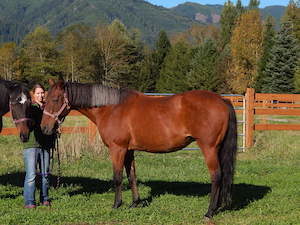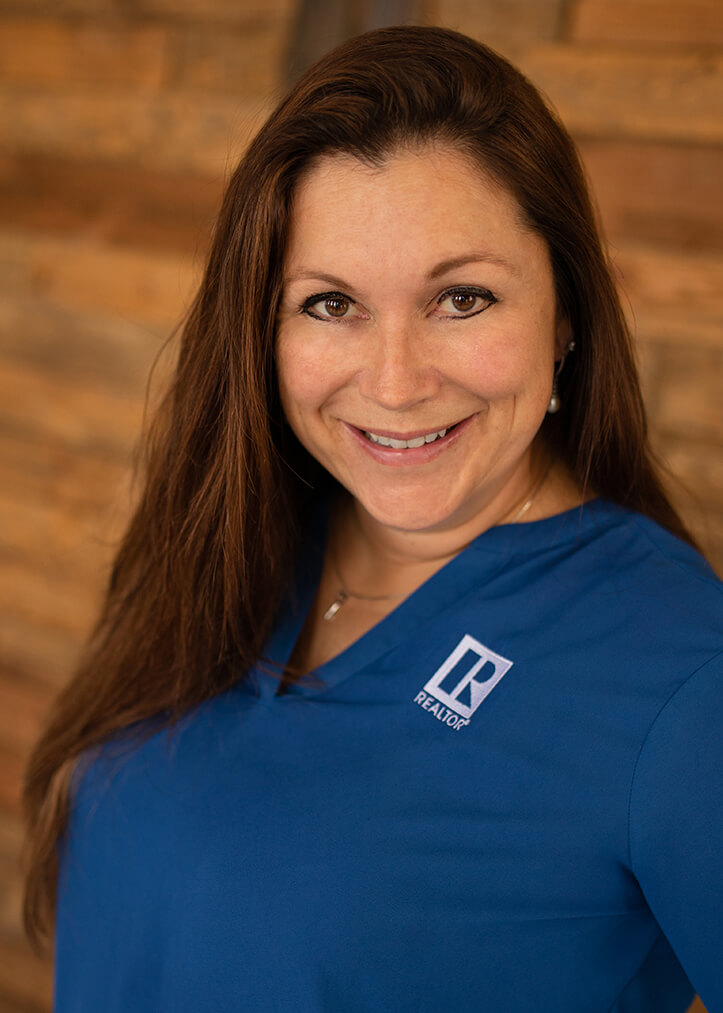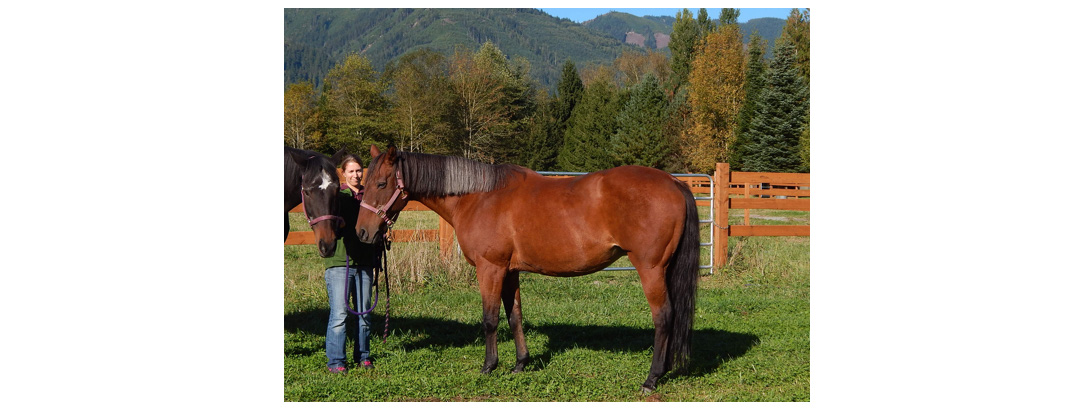
Making an End-of-Life Plan for Your Horse
by Allison Trimble
The hardest thing about loving a horse is the inevitable outcome. I always hope the end will come easily and painlessly, but that is rare.
In reality, we are stewards of our animal family and are responsible for their health and well-being. This includes the unpleasantness of an end-of-life plan. As uncomfortable and gut wrenching as this topic is, it’s a crucial part of being a thoughtful horseperson.
I have walked this journey many times with clients’ horses, friends’ horses, and my own horses. The first time I was quite unprepared and it was an experience not easily forgotten. A few of my horses have lived into their thirties, and with that came welcome years of special feed and care. Most horses live to an age somewhere in their twenties, but I have found that no matter how prepared one feels, most passing comes unexpectedly.
Though physically powerful, horses are quite fragile. Colic is the number one killer of horses and is an occurrence that can affect any age animal. Traumatic events, loss of use, ambulatory issues (navicular, laminitis, etc.) and viral/bacterial infections are also conditions that can shorten equine lifespan. For my special horse, Bayleen, it was cancer that she succumbed to at 37 years old.
Making the Call
This is the decision no horseperson wants to make. Sometimes the outcome has already been determined. We often have to weigh the cost-effectiveness of treatment, potential outcome, and quality of life. I think it’s extremely important that each person has the hard talk with themselves before the situation arises about what kind of budget there is in the case of a traumatic event.
For example, is the horse a surgery candidate for colic? Colic surgery can cost upwards of $10,000 and is not a guaranteed success. Knowing the answer to this question before a dramatic event occurs can help when emotions run high, and can give the vet a clear direction for treatment.
As difficult as a traumatic event is, the quality of life decision weighs heavier. Chronic conditions can be costly and negatively impact the quality of a horse’s life. There is more time to make a decision, but I am not sure that makes it any easier. What I do know for certain is that when it’s time, they let us know. It is our job to be ready when that time comes.
Logistics to Consider
It’s important to understand the costs of the next steps and have an idea of what each process entails. Euthanizing a horse requires an injection that costs between $300 and $600 depending on the vet. Some vets will also handle disposal of the remains if the horse is brought to the vet hospital, but in my experience that’s rarely an option. Either the horse is far too ill by that point or an owner simply wants a more familiar environment for a loved one when the time comes.
There are three options for disposal of remains. Most properties do not allow for animals to be buried on site, though this can be an option if the property is zoned agriculture. To find out if this is a possibility, contact the local county office.
The next option is to contact a local deadstock company. They typically pick up remains for around $150, but I have to admit, it is a hard way to see your buddy go. I typically try not to be there for pick-up.
The third option, and what I did with Bayleen, is cremation. For my family, this was a very emotional event, losing a family member of 35 years. We had made the decision long before that we would cremate. There are some great companies that offer this service and it runs about $1.50 a pound for pickup, cremation, and return in a decorative box. I have done all three of these methods, and none were easy.
Being prepared for the event eases stress because decisions are already made in advance. No matter how they pass, the most important part for our equine friends is how they lived. Bayleen sits on top of my bedroom dresser, but I have seen many ways to memorialize horses. One of the most popular is to have a bracelet, key chain, or hat band made from the horse’s tail hair. Another creative idea is to frame a picture with a pair of their shoes. I have also seen lovely paintings commissioned from a photo of the horse.
One final thing I want to mention: it’s also important to consider what will happen to our horses in the event of our own untimely passing. I strongly recommend arranging long-term homes for horses in the event of tragedy, and having that written up in your will. Hopefully, if we prepare for the unexpected, we can relax and enjoy as many days with our beloved horses as we are gifted.
Originally Published January 2017 Issue

Allison Trimble is a Realtor® specializing in equestrian properties, farm and ranch properties, and residential real estate. She’s a former horse trainer, and a current owner, breeder, and non-pro competitor in cow horse and reining events. For many years, Allison wrote a monthly column for The Northwest Horse Source.
Learn more at www.allisonblakerealestate.com






